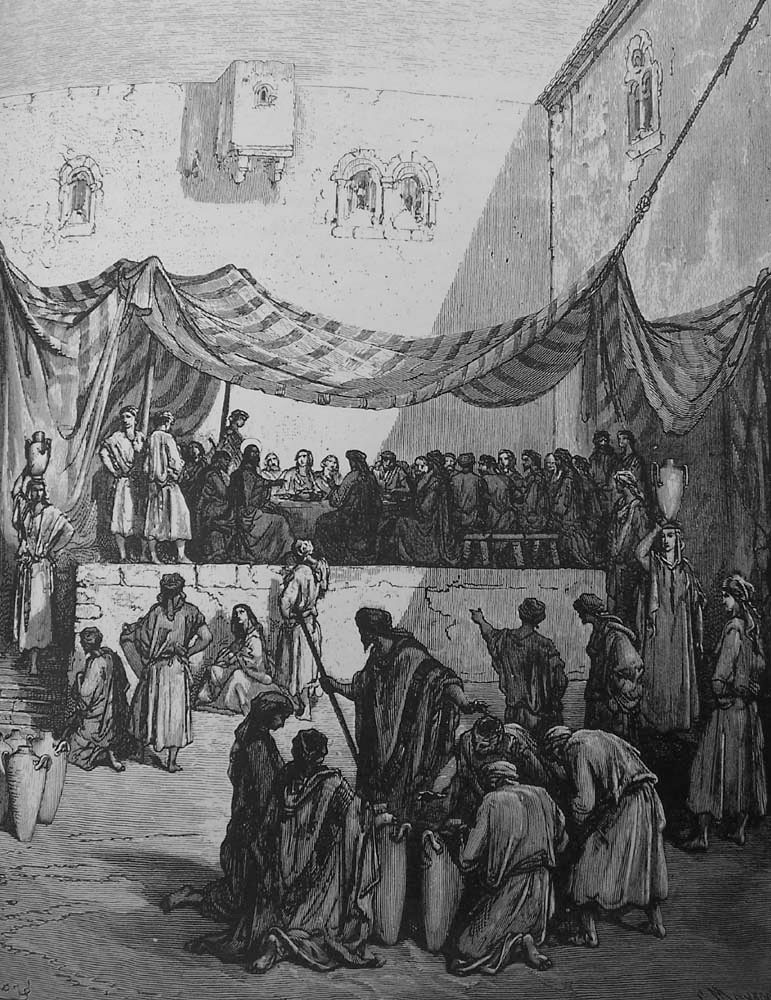
Biblical
Did you know “coolest ancient names” is a common search when looking for baby names!? While there are numerous pages that discuss in detail the Greek gods and goddesses, or Roman emperors, the Bible presents an alternative, yet remarkable source for ancient names!
Place names, also known as toponyms, have endured as a popular choice for baby names. We know several children named London, Paris, and even Canyon – which all count as toponyms. (We used a few for our kids too!) Since this is an intriguing concept, exploring ancient place names and their meanings, we decided to delve into the Bible to see which we could use right now! (Be sure to click on the names for more information.)
Toponym comes from Ancient Greek τόπος “place” and ὄνομα “name”.
Unique Place Names in the Bible
Zelah: One of the cities of the Tribe of Benjamin and also the burial place of King Saul. Meaning, “side”.
Rhodes: Seen quickly in Acts as Paul and Luke are passing through. The word/place exists before the Greek language would have, however the known Greek meaning is, “Rose”.
Moreh: The location where God revealed himself to Abraham. Meaning, “teacher” or “archer”.
Salem: The city ruled by King Melchizedek in Genesis. Meaning, “Peace”.
Memphis: This is the capital of Egypt mentioned in the Old Testament. Generally accepted as meaning, “Abode of the good”.
Calah: First of the new cities named after Noah’s flood. Uncertain meaning.
Derbe: A city in Asia Minor. Mention in Acts several times and one of the only places the Gospel was accepted immediately. Assumed meaning, “barred gate”.
Cana: A town of Galilee where Jesus did his first miracle. Meaning, “Reed”.
Rome: Where we know Paul wrote his epistles to the Philippians, Ephesians, Colossians, and to Philemon. Uncertain meaning.
Judea: Mentioned in both the New and Old Testament. Meaning, “Land of the Jews”
Caria: Simply mentioned in Acts as a place being traveled through. No known meaning.
Olivet: This place has both Old Testament and New Testament references. Meaning, “Olive” or “Olive Tree”.
What do you think? Would you consider using the names of biblical places for your baby?

